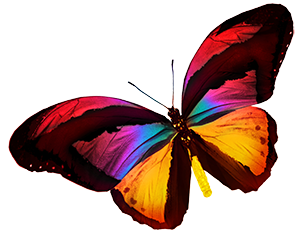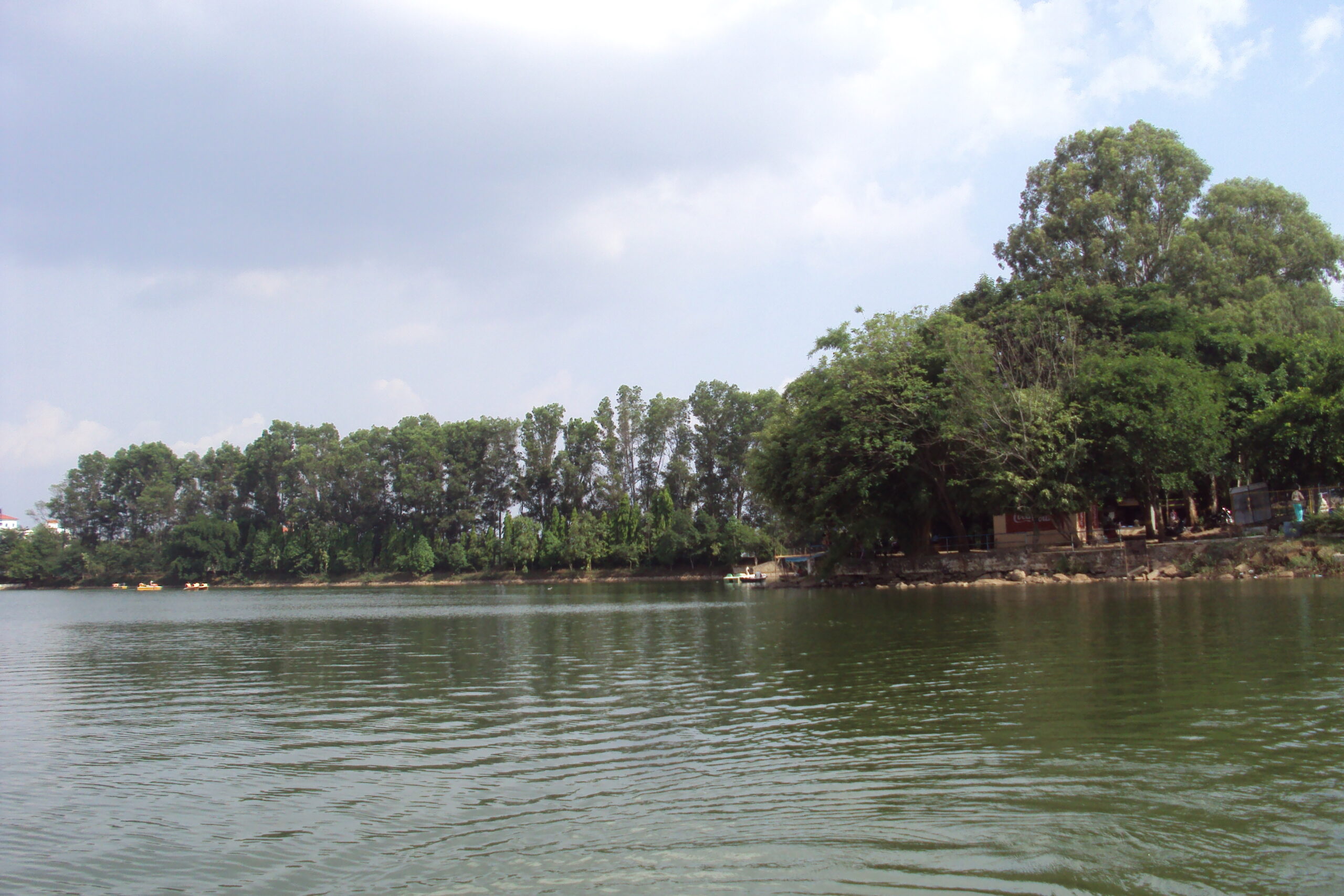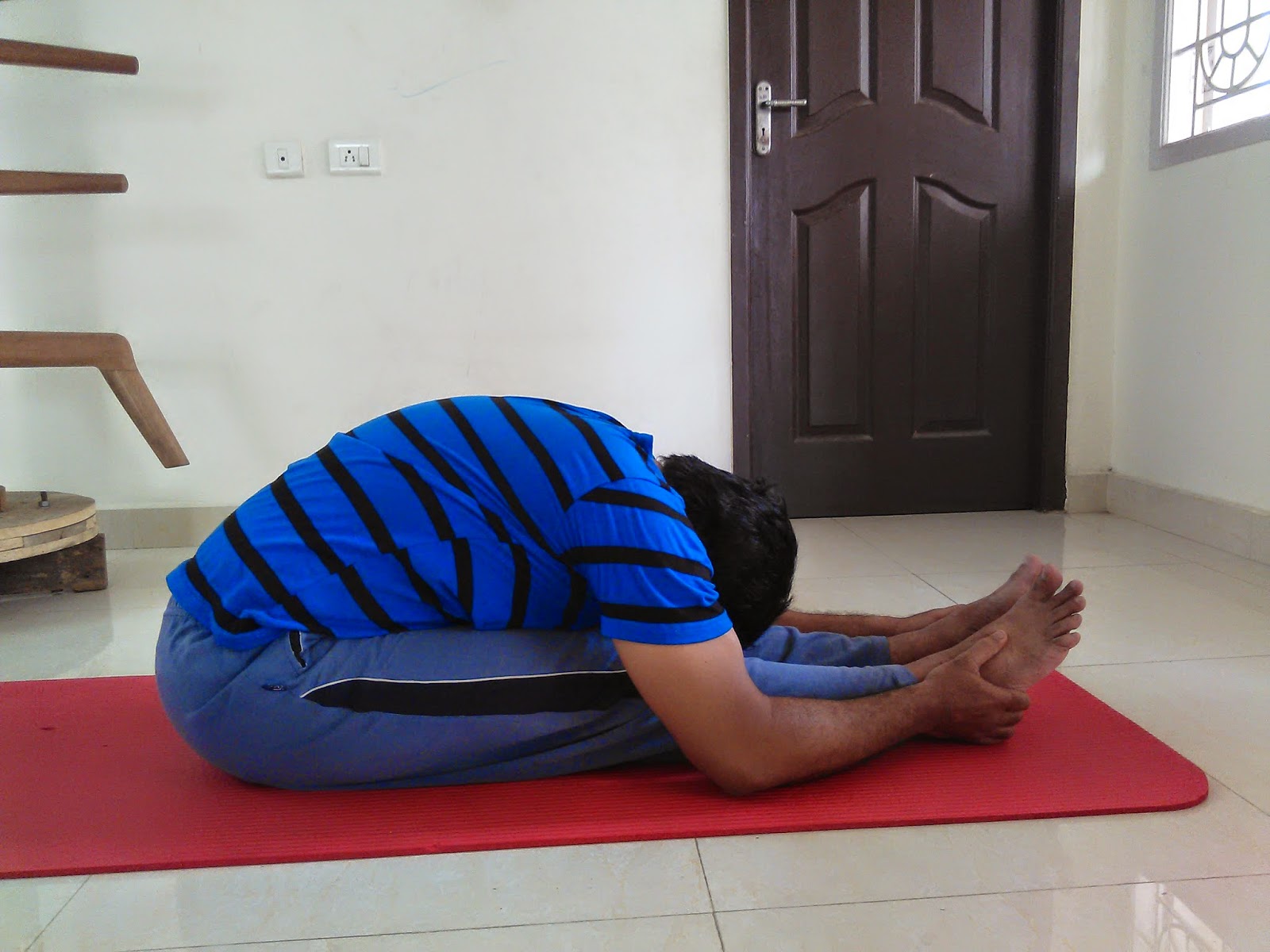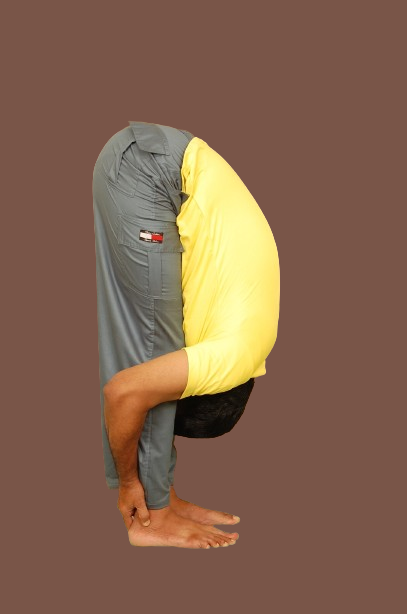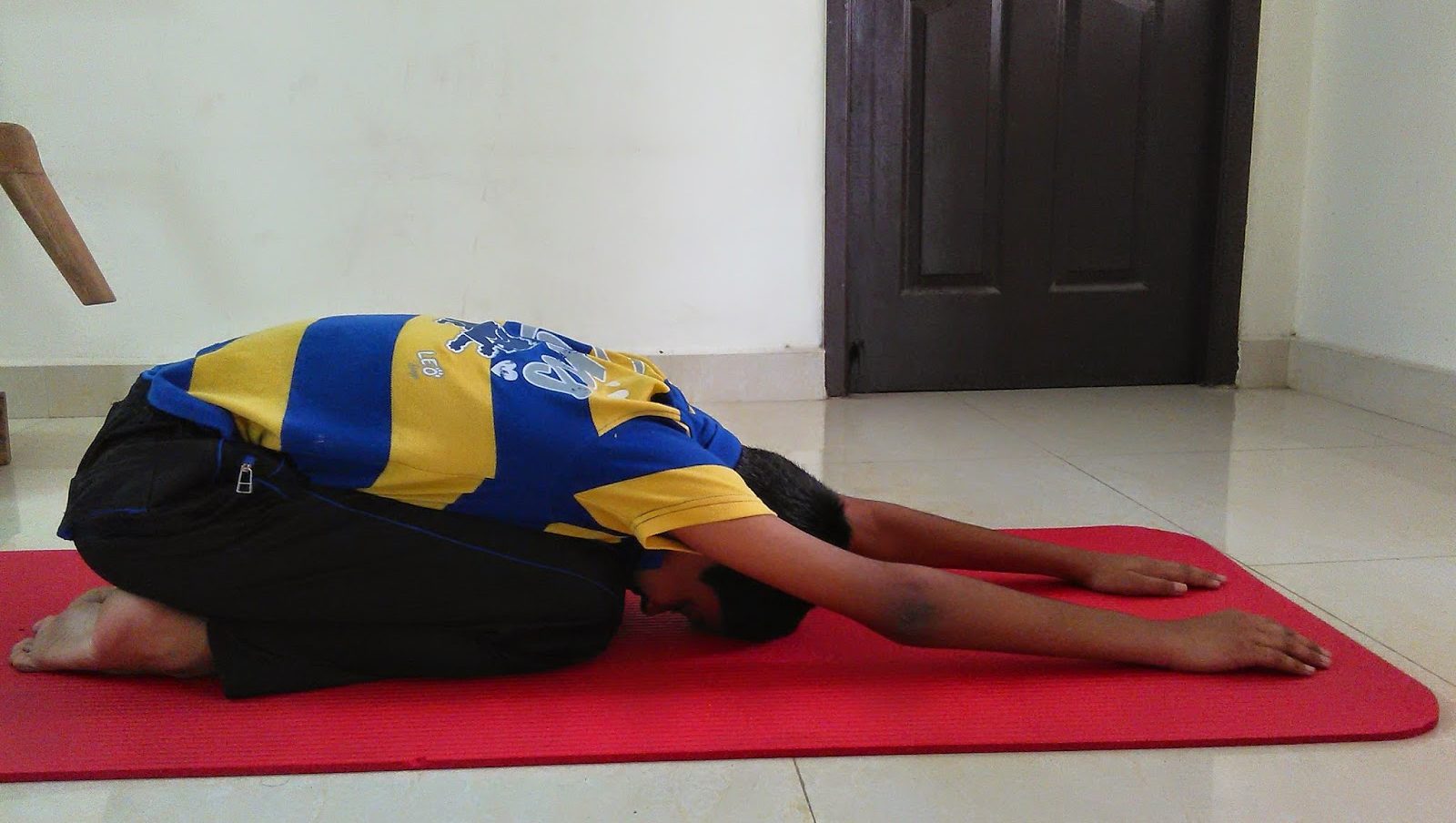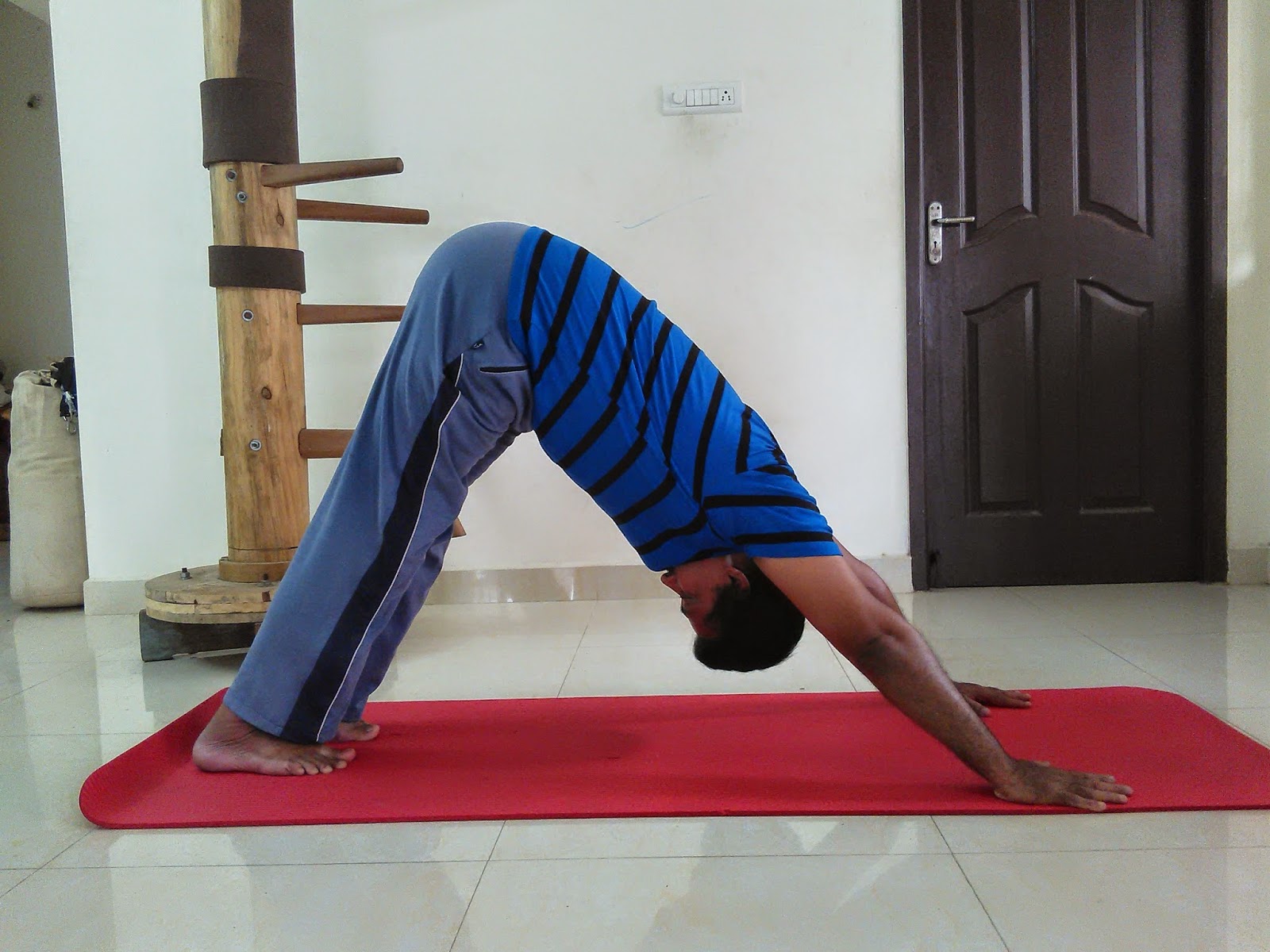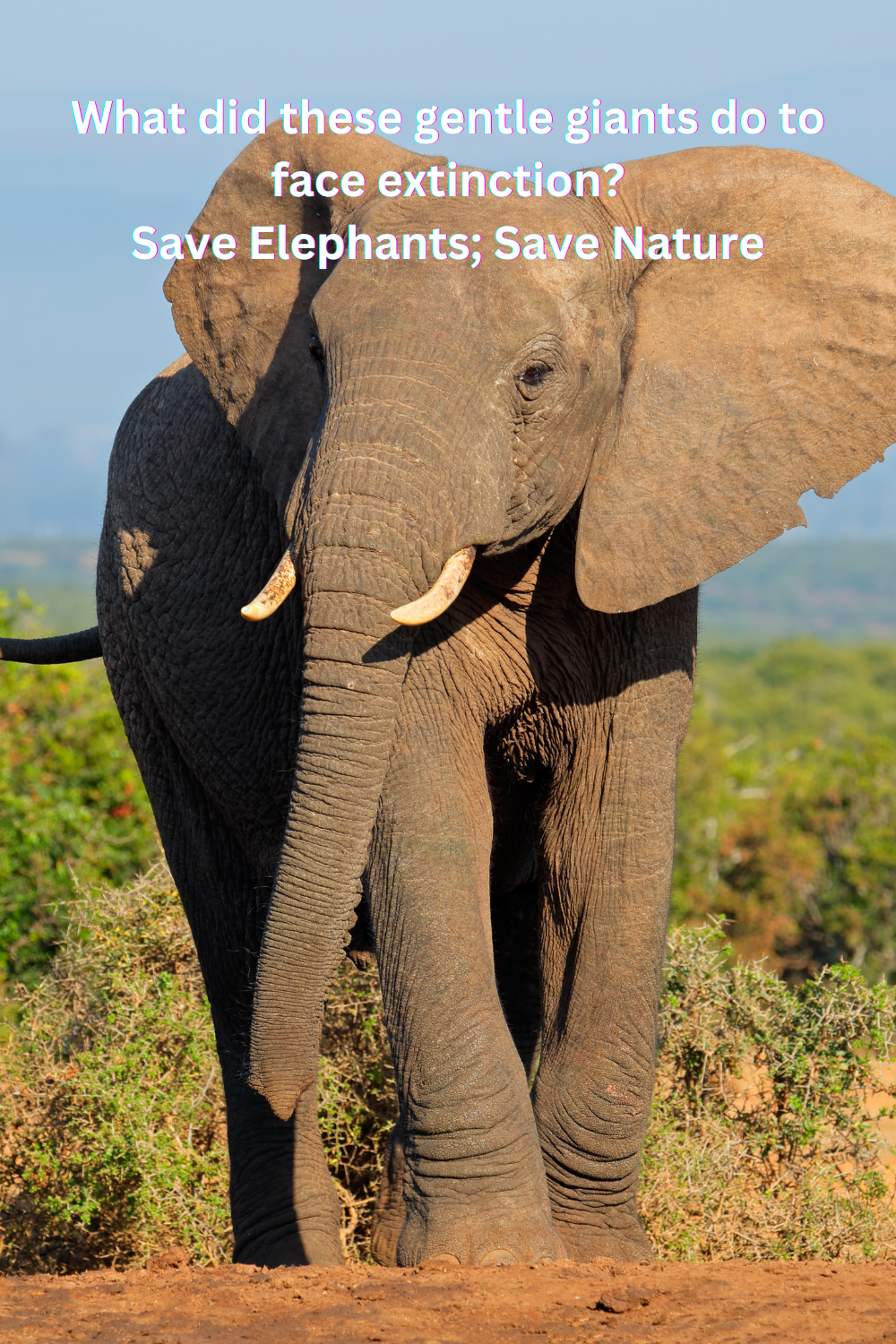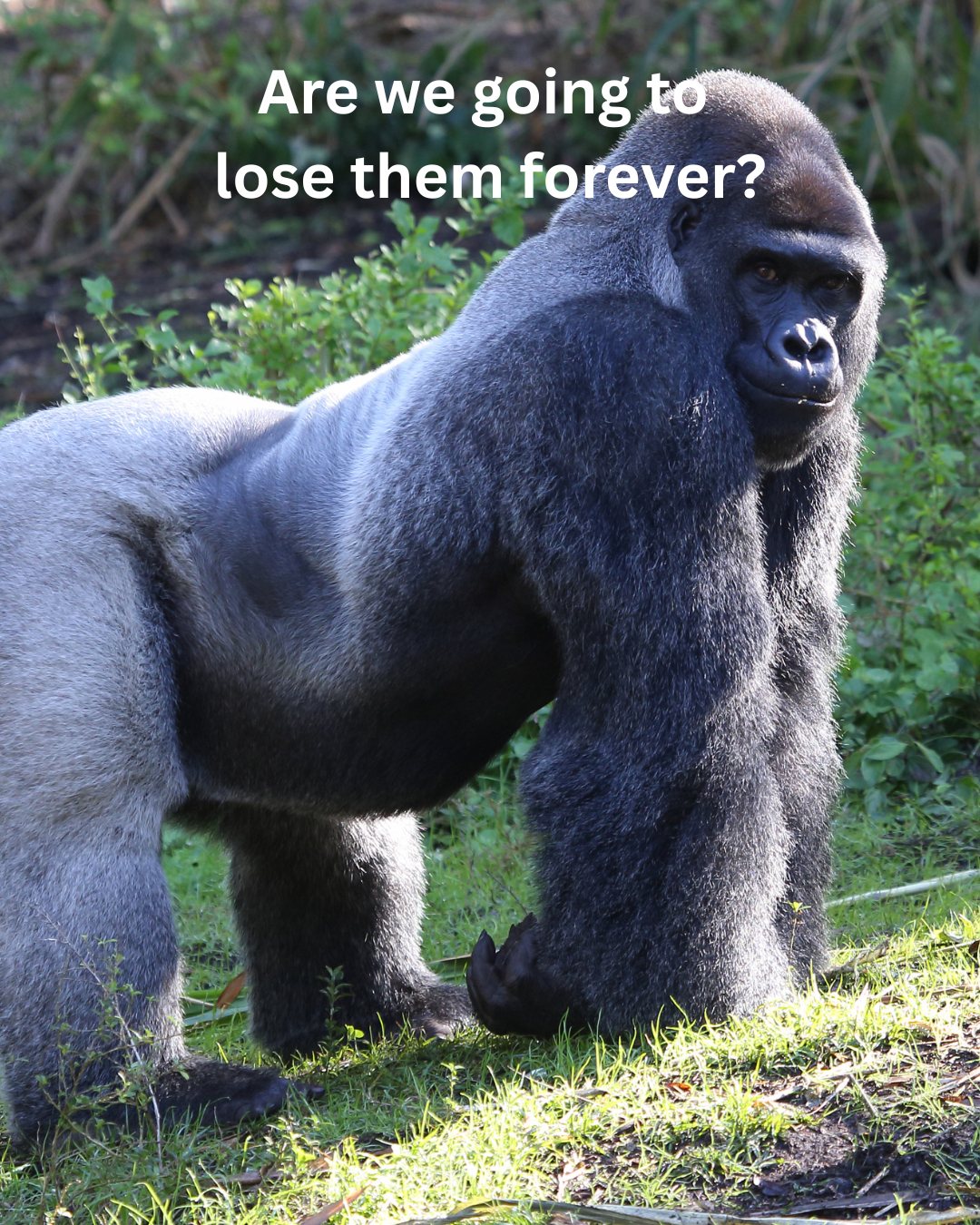This article highlights how our everyday habits harm animals — and the 5 simple changes we can make right away to help.
As an Amazon affiliate, I will be eligible for qualified purchases made through links on this page.
Every piece of plastic we use — from straws to grocery bags — might end up in a river, ocean or forest. And when it does, it doesn't just sit there. It chokes sea turtles, poisons birds, and even ends up inside endangered animals.
We live in a time where small lifestyle changes can save entire species. So let’s talk about 5 easy eco-friendly swaps that protect animals, reduce waste, and make the world just a little better.
How Plastic Hurts Wildlife?
Plastic doesn’t disappear. It just breaks down into smaller pieces — microplastics — that are nearly impossible to clean up. These particles are now found in fish, whales, birds, and even remote animals in the Himalayas.
Here are just a few ways plastic harms wildlife:
Sea turtles, mistake plastic bags for jellyfish and eat them — leading to internal injuries or death.
Seabirds feed plastic pieces to their chicks, thinking they are food.
Deer and elephants in forests often ingest plastic wrappers left behind by tourists.
Coral reefs get covered by plastic waste, blocking sunlight and killing marine ecosystems.
But we can change this scenario — one swap at a time.
5 Simple Eco-Swaps to Protect Wildlife
These products are not just planet-friendly — they’re people-friendly, too. All are available online and easy to start using today.
1. Bamboo Toothbrush
Over a billion plastic toothbrushes are thrown away each year. A bamboo toothbrush is 100% biodegradable and just as effective.
Visit this page to buy from Amazon.
4) Compostable Garbage Bags
Regular plastic garbage bags take 500+ years to decompose. Compostable bags break down naturally in home or industrial compost.
Visit this page to buy compostable garbage bags.
5) Natural Cleaning Products
Many cleaning liquids contain chemicals that pollute waterways, harming aquatic life. Eco-friendly cleaners are safe for both your family and the planet.
Check this page for eco-friendly cleaning materials.
How Our Small Steps Save Lives
Switching just one item can keep hundreds of plastic pieces out of nature. Multiply that by a few friends or family members, and you’re creating real impact.
We are not just buying a toothbrush — we are helping a turtle live. We are not just switching straws — we are keeping the ocean alive. Let our choices reflect our values.
Ready to start your eco-journey?
Pick one product today — even one — and see how easy change can be. Share this post with someone who cares, and let’s create a wave of impact, together.
Share. Swap. Save wildlife. #LetNatureLive
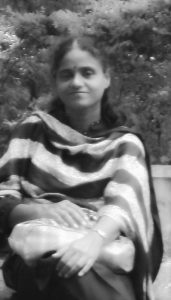
Rama Thamizharasu
Welcome. I am a yoga therapist, SEO consultant, content creator and translator.
Kindly check our other blog and YouTube channels:
https://voiceofapet.blogspot.com/
https://www.youtube.com/@PetsDiaryPages
http://www.youtube.com/@letnaturelive_YT
